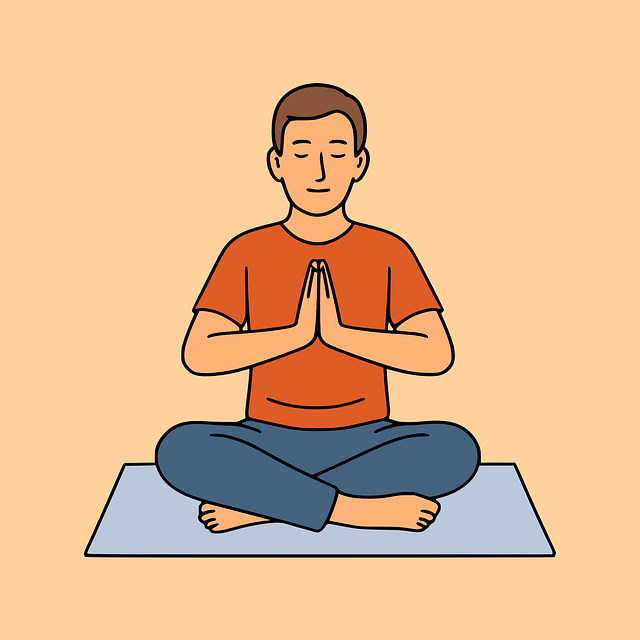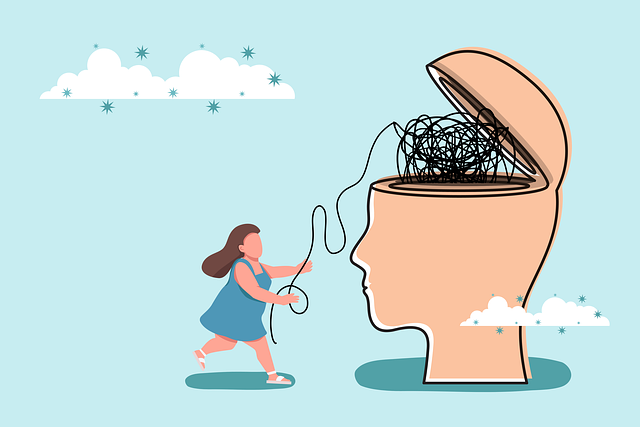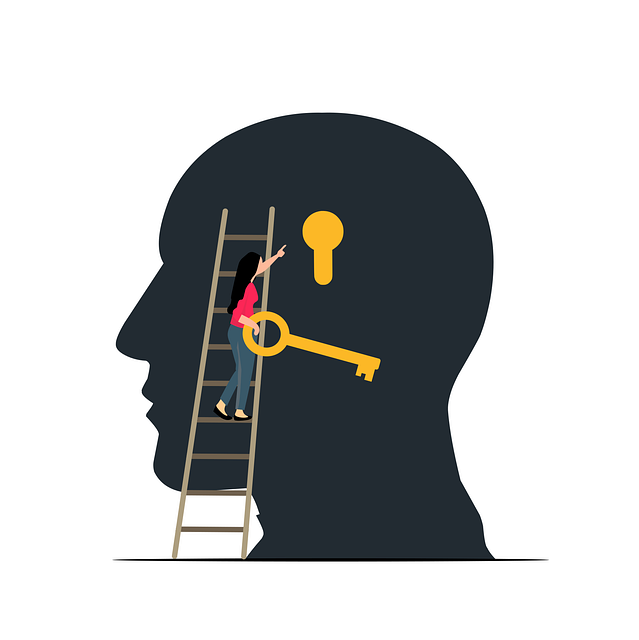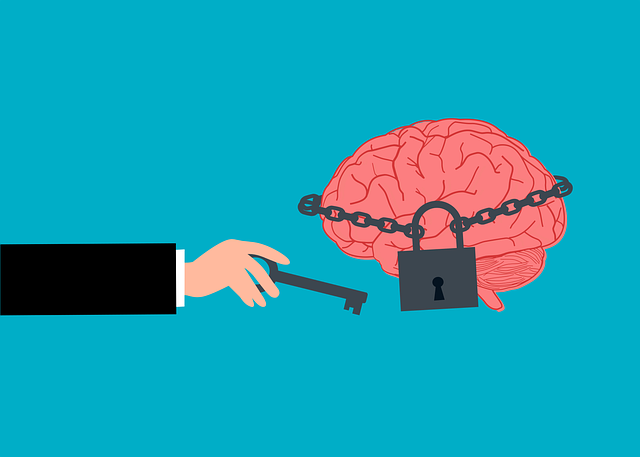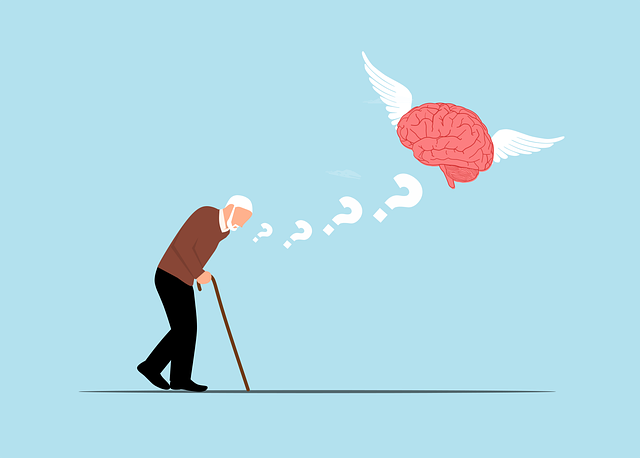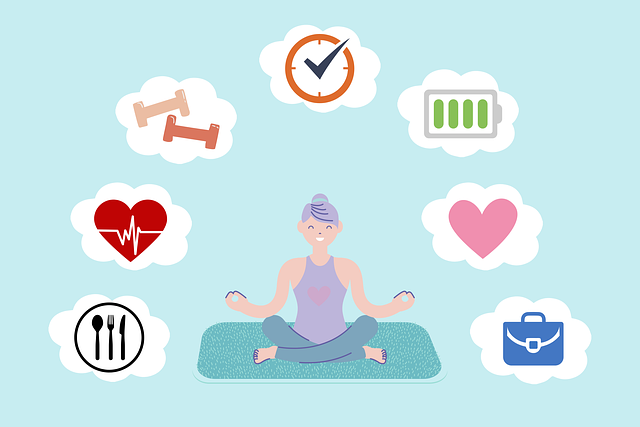Children's anxiety, a complex issue, requires tailored therapy focusing on recognizing symptoms like worry and irritability. Genetic factors, life changes, or trauma may cause it. Strategies including emotional intelligence, journaling, open communication, deep breathing, mindfulness, physical activity, and healthy diets empower kids to manage anxiety and prevent depression. CBT teaches them to challenge negative thoughts, boosting self-esteem and emotional control. Integrating self-care practices like exercise, meditation, and sleep models healthy habits for children, fostering resilience and mental well-being, especially in high-stress environments.
In today’s fast-paced world, self-care is essential for overall well-being, especially for children navigating anxiety. This article delves into understanding and addressing kids’ anxiety through effective therapy practices. We explore symptoms and causes, highlighting the critical role of self-care in managing anxiety. Discover practical strategies to help young ones find calm and integrate these techniques into daily routines. Empower parents with tools to support their children’s mental health journey, offering a holistic approach to overcoming anxiety.
- Understanding Children's Anxiety: Symptoms and Causes
- The Role of Self-Care in Managing Anxiety for Kids
- Effective Self-Care Strategies for Anxiety Relief
- Integrating Self-Care into Daily Routines: Tips for Parents
Understanding Children's Anxiety: Symptoms and Causes

Children’s anxiety is a complex emotional state that can manifest in various ways. Understanding its symptoms and causes is crucial for providing appropriate therapy for children anxiety. Common signs include excessive worry, irritability, difficulty concentrating, and physical manifestations like restlessness or insomnia. These symptoms can often be linked to underlying factors such as genetic predisposition, life transitions, or traumatic experiences.
Emotional intelligence plays a significant role in navigating and managing childhood anxiety. Encouraging mental wellness journaling exercises can help children process their emotions, track triggers, and develop coping strategies. Additionally, fostering open communication allows parents and caregivers to identify signs early on, providing an opportunity for timely intervention and depression prevention. By integrating these practices, we can create a supportive environment that promotes resilience and overall mental health in young individuals.
The Role of Self-Care in Managing Anxiety for Kids

Anxiety in children is a common concern that can significantly impact their overall well-being and daily functioning. Fortunately, self-care practices play a pivotal role in managing and mitigating anxiety symptoms. By incorporating therapeutic techniques into their routines, kids can develop effective tools to cope with anxious thoughts and feelings.
One of the key aspects of self-care for children with anxiety is learning mood management strategies. Simple yet powerful techniques like deep breathing exercises, mindfulness meditation, and progressive muscle relaxation help calm their minds and bodies. Additionally, engaging in regular physical activity, maintaining a balanced diet, and establishing consistent sleep patterns contribute to improved emotional regulation. These self-care practices enable kids to gain a sense of control over their anxiety, boost their self-esteem, and foster a positive mindset, ultimately enhancing their overall mental health.
Effective Self-Care Strategies for Anxiety Relief

Anxiety can significantly impact various aspects of life, but incorporating effective self-care strategies offers a powerful tool for managing and alleviating symptoms. For children experiencing anxiety, therapy plays a pivotal role in their emotional development and overall well-being. Cognitive-behavioral therapy (CBT) is a widely recognized approach that teaches young individuals to identify and challenge negative thought patterns, replacing them with healthier alternatives. This process empowers children to gain control over their emotions and develop coping mechanisms tailored to their unique needs.
Additionally, prioritizing burnout prevention is essential for maintaining optimal emotional regulation, especially among healthcare providers who often face high-stress situations. Incorporating self-care practices such as regular exercise, mindfulness meditation, and adequate sleep can significantly reduce stress levels and enhance resilience. These strategies not only benefit the mind but also contribute to a holistic approach to well-being, fostering a healthier and more balanced lifestyle.
Integrating Self-Care into Daily Routines: Tips for Parents

Integrating self-care into daily routines is a powerful way for parents to model healthy habits for their children and support their overall well-being. In today’s fast-paced world, it’s easy for both parents and kids to get caught up in a whirlwind of activities, leading to increased stress levels and potential mental health concerns like anxiety. Therefore, establishing consistent self-care practices can be a game-changer. Start by encouraging simple yet effective habits such as dedicated ‘me time’, where parents can engage in activities that bring them joy and relaxation, like reading, meditating, or practicing yoga. These moments of calm can significantly improve mood management and emotional regulation.
Additionally, parents can involve their children in age-appropriate self-care activities, fostering coping skills development. This might include teaching kids deep breathing exercises to manage anxiety or creating structured bedtimes with winding-down rituals like journaling or reading together. By making self-care a family affair, parents not only ensure their own emotional well-being but also equip their children with valuable tools for navigating life’s challenges and cultivating resilience.
In understanding and addressing children’s anxiety, self-care plays a pivotal role in their overall well-being. By implementing effective strategies discussed, such as recognizing symptoms, identifying causes, and integrating daily routines, parents can empower their children to manage anxiety healthily. Remember, therapy for children’s anxiety begins with nurturing self-care practices that foster resilience and emotional balance.
